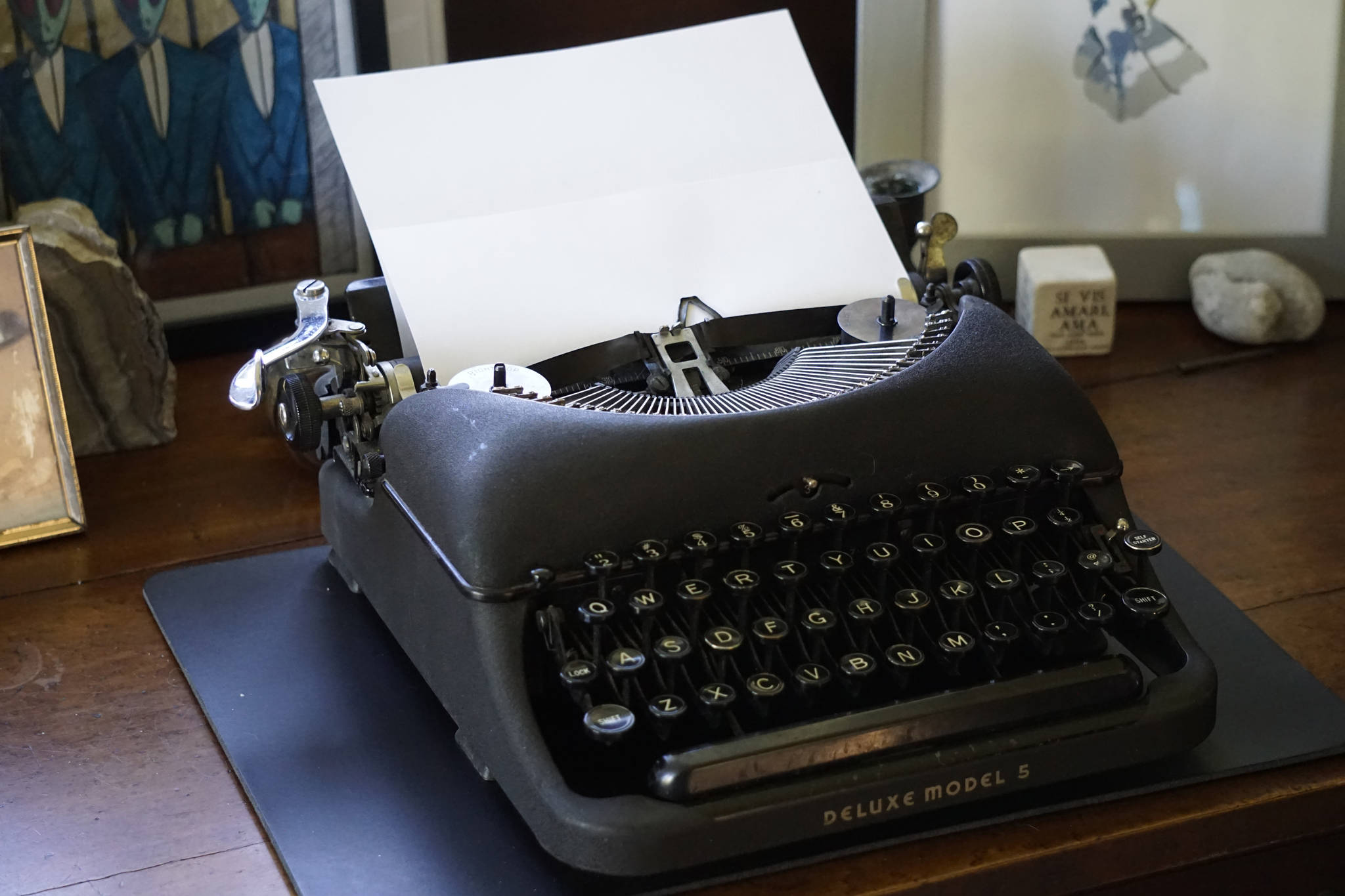As Homer eases from fall into winter, we expect transformation: the shortening of daylight hours, falling temperatures, the migration of birds south, and the final harvest from gardens. This summer has seen dramatic changes locally and statewide that challenge our stability and resilience as a community.
Consider these transitions:
• After 34 years, the Homer Chamber of Commerce and Visitor Center ended its Jackpot Halibut Derby;
• A tumultuous Alaska Legislature ended with less-drastic, but still severe, budget cuts to many state programs, including the University of Alaska and the Alaska Marine Highway System;
• Disenchantment with Gov. Mike Dunleavy’s leadership led to a movement to recall him after less than a year in office;
• The Kachemak Bay Campus suspended for a year the Kachemak Bay Writers’ Conference;
• Homer voters approved a ban on retailers providing single-use plastic bags, shot down an increase in the Kenai Peninsula Borough sales tax cap, and elected two new Homer City Council members over two incumbents running for re-election;
• The council also investigated and affirmed the residency of one new council member, Storm Hansen-Cavasos, after questions rose about whether she met the 1-year residency requirement;
• Kenai Peninsula Borough teachers and staff almost held a strike that came close to shutting down schools and was resolved at the last minute;
• Two longtime restaurants, Café Cups and Fresh Sourdough Express, closed; and
• Another longtime business, The Homer Tribune, published its last issue on Oct. 3.
On top of that, institutions saw leadership changes at South Peninsula Hospital, KBBI Public Radio, the Pratt Museum, the Homer Council on the Arts and the Kachemak Bay Campus. In our daily lives, many of us went through new marriages, divorces, job changes, births, deaths and illness — the cycle of change that has more personal and profound impact than anything happening at city hall.
It would be a fallacy to say that an event connected in time to another caused that event. Sometimes change can be coincidental. Sometimes, though, an atmosphere of uncertainty can lead to greater uncertainty. People desire security and stability. Instability can lead to abrupt and frequent change.
We create all the institutions of civilization — good government, education, arts and music, religion, stable infrastructure, a reliable banking system, and consistent agriculture — to temper expected changes.
Humans gather together for mutual support and security. Family units of several generations rally around the weak, the sick and the young, so that we may grow up healthy and age — and die — with dignity. Families create communities and communities create nations.
So in a time of uncertainty, what can we do? There’s an old Samurai saying that goes, “Expect nothing; prepare for anything.” Taken too far, that can lead to prepper paranoia, where someone so expects chaos they forget to enjoy life. Still, it’s prudent to plan ahead. Keep a three-day supply of food and water at hand. Stock up on firewood. Pack a go-bag.
In politics, look to leaders who balance necessary social change with stability. Will abrupt cuts to budgets or erratic tariffs lead to a disruption in business? Will changes in the philosophy of government cause chaos in social services? Bold new ideas have often advanced civilization and ended centuries of injustice, but they also can have the opposite effect.
Here on the lower Kenai Peninsula, we’re lucky to have a resilient community. We have a tradition of caring, of people going out on a rainy weekend to search for a lost woman. We do not drive by a car in the ditch, and instead stop to give them a tow or make sure they’re OK. We give generously to nonprofits and churches. We volunteer at hundreds of events. We put aside our differences to lift people up and not tear them down.
In this time of change, all our little villages will endure. That’s the Alaska way, an ethic rooted in millennia of Native tradition and passed on to new Alaskans. The lesson of the darkening winter arrives on the Solstice, a holy time for many faiths. That is when the light grows stronger.
Let that light shine in our community, and we will emerge better, stronger and healthier.
– Michael Armstrong, editor


